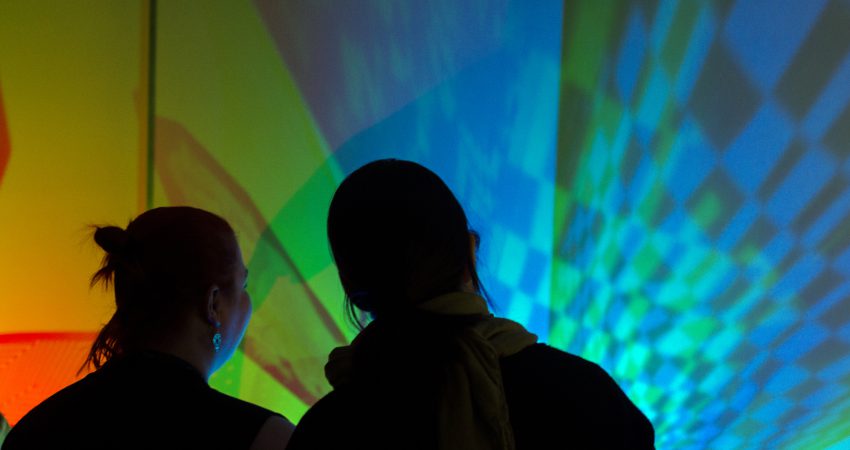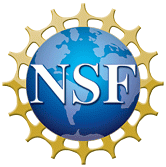
By Theresa Horstman - May 2011
PAPER CITATION
Eijck, M. V., & Claxton, N. X. (2009). Rethinking the notion of technology in education: Techno-epistemology as a feature inherent to human praxis. Science Education, 93, 218–232.
What Is The Issue?
The researchers in this study examined Reef Net technology of the WSÁNEĆ (Saanich) First Nation to demonstrate how cultural ways of knowing are embedded in the technology. ISE professionals can use this paper to better understand the relationship between technology and science education and how technology as a cultural tool can represent inherent (privileged) epistemologies.
What Was The Study?
The researchers used Cultural-Historical Activity Theory (CHAT) as a conceptual framework for understanding how technology is “bound up in a unique way with culturally specific human practices” (p. 224) by analyzing which tools (technologies) are used by a culture. With CHAT, the researchers demonstrated the significance of cultural beliefs and values in the method by which they designed the technology (in this case, Reef Net fishing) for fishing. Based on cultural history, the knowledge of the Reef Net was given to the WSÁNEĆ by the salmon (who came to them in the form of people). The Reef Net as a technology is designed with a hole that allows a certain number of fish to pass through and survive the catch, reflecting the relationship between people and fish as kin, and the desire to sustain the population of salmon. The researchers emphasize that the effectiveness of this tool (a fishing net with a hole) cannot be properly valued or assessed without an understanding of the WSÁNEĆ epistemology.
What Were The Findings?
Calling attention to how technology may embody cultural ways of knowing raises questions about the relationship between science and technology. If technologies embody inherent (privileged) ways of knowing, using these technologies can shape the inclusiveness of an educational experience. Increasing sociocultural awareness and recognizing diverse epistemologies provides an opportunity to be more reflective in assessing current technology and science education. The opportunity to address the diverse audiences and ways of knowing presented by the paper will be of interest to informal educators seeking to integrate technologies in culturally sensitive ways.




